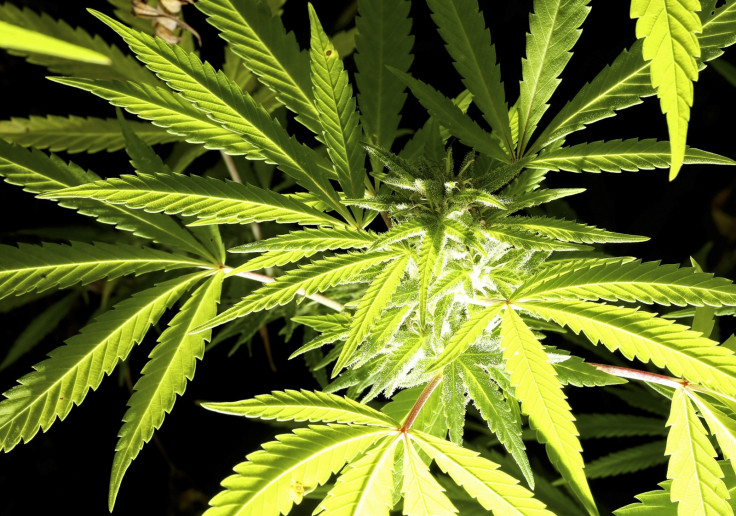Powerful 'skunk-like' Marijuana accounts for a quarter of new psychosis cases

Potent "skunk-like" forms of cannabis are responsible for almost a quarter of new cases of psychosis in the UK, a study has revealed.
Research from King's College London shows that smokers of strong marijuana are three times more likely to suffer from psychotic conditions such as schizophrenia.
Dr Marta Di Forti, lead author on the research, said: "Compared with those who had never tried cannabis, users of high potency skunk-like cannabis had a threefold increase in risk of psychosis.
"The results show that psychosis risk in cannabis users depends on both the frequency of use and cannabis potency."
The study, which took six years to conduct and canvassed 800 participants, said that for daily users the risk of psychosis was five times higher than that of non-users.
However, weaker forms of cannabis, such as resin, are not linked to psychosis, said the research.
The findings suggest that there are almost 60,000 people in the UK who live with hallucinations and episodes of paranoia as a result of marijuana abuse and 300,000 Britons will experience this sort of thing in their lifetime thanks to skunk.
Professor Sir Robin Murray, professor of psychiatric research at King's, said: "It is now well known that use of cannabis increases the risk of psychosis. However, sceptics still claim that this is not an important cause of schizophrenia-like psychosis.
"This paper suggests that we could prevent almost one quarter of cases of psychosis if no-one smoked high potency cannabis."
He added: "Education is the important thing – people need to know the risks of regular use of high potency cannabis."
© Copyright IBTimes 2025. All rights reserved.






















